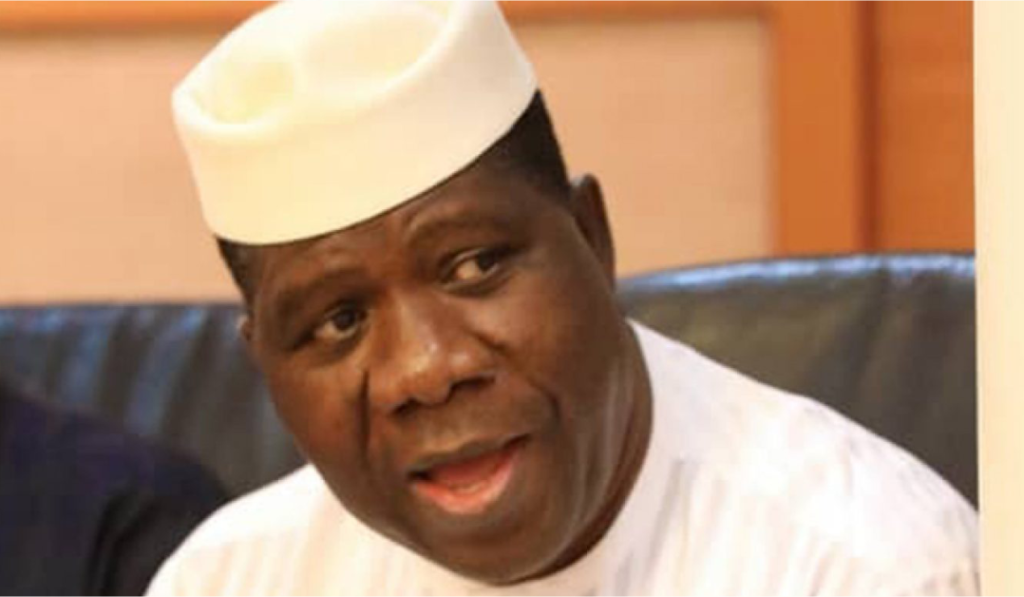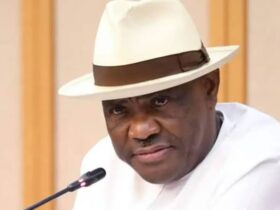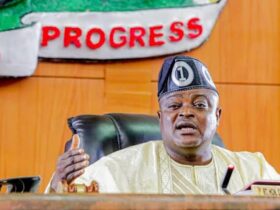In the past year, the Nigerian Senate introduced 477 bills, but only 25 were passed into law. Despite being among the world’s highest-paid lawmakers, the Senate’s low output has drawn attention.
Senate Leader Opeyemi Bamidele highlighted the legislative activities of the 10th Senate during a statement on its first anniversary on Thursday. Bamidele noted that since its inauguration on June 13, 2023, the Senate has been committed to its legislative duties, though many bills remain in various stages of the legislative process.

“Since its inauguration on June 13, 2023, the 10th Senate has introduced 477 bills. Of these, 25 have been fully enacted into law, while others are at various stages of the legislative process,” Bamidele said.
He pointed out that the seemingly low percentage of passed bills, which is 5.24%, is due to the Senate’s focus on other national priorities. The Senate has also passed 115 resolutions crucial to economic development and national stability, stemming from motions of national importance sponsored by various senators.
“Many people may measure our performance based on the number of bills that were fully passed into law,” Bamidele said. He explained that the low number of enacted bills is mainly due to the Senate’s attention to other essential national priorities required by the Nigerian Constitution.
In addition to legislative activities, the Senate has been working closely with key public institutions, especially the Executive Arm, to defend the core interests of the federation, ensure macroeconomic stability, promote internal cohesion, and foster unity among Nigeria’s ethnic nationalities.
“Like never before, we have been utterly committed to this national assignment to position our Nation not just for more notable regional and sub-regional roles, but also for global leadership,” Bamidele said. He emphasized that the Senate has adopted a strategic partnership approach to build resilient synergy with other government branches and nurture a competitive, functional, and viable federation.
The Senate has also been involved in the ongoing review of the 1999 Constitution and initiated various processes with clear and well-defined mandates. According to Bamidele, Nigeria is now more stable, and the future looks more promising than at any time in recent history.
READ ALSO: Pastor Sentenced To Life Improvement For Raping Member’s Daughter In Ekiti
“As people of collective purpose, however, we are under obligations to support our governments, whether at the national or sub-national level, to build a resilient economy and an equitable federation that supports the aspiration of all its constituents,” he added.
Moreover, the Senate has been active in addressing public concerns, successfully resolving 50 public petitions. It has also screened and confirmed 215 nominees for various political offices, including appointments to the Federal Executive Council, Central Bank of Nigeria, and leadership positions in the Armed Forces, Police, and other key agencies.
“These confirmations were crucial for national development, especially during a time of economic struggle and security threats,” Bamidele noted.
Despite their high wages, Nigerian senators’ legislative output remains a topic of discussion, with only a small fraction of introduced bills becoming law over the past year.
Follow the Parallel Facts channel on WhatsApp: https://whatsapp.com/channel/0029VaCQSAoHgZWiDjR3Kn2E









Leave a Reply